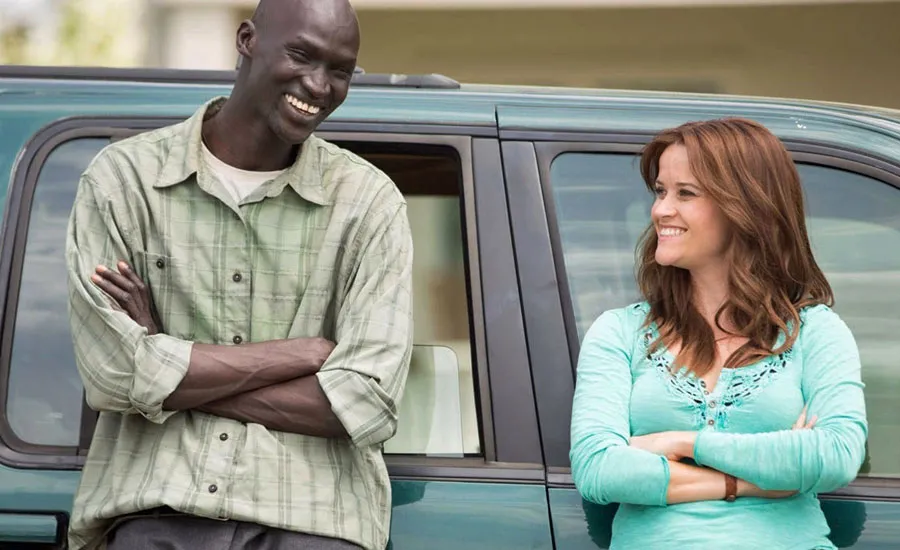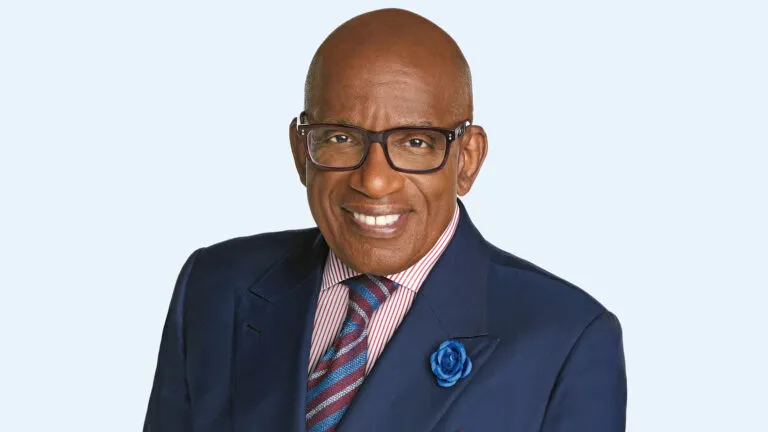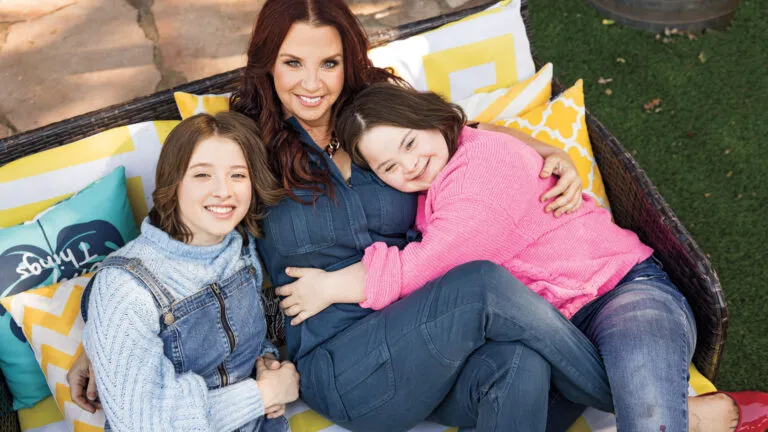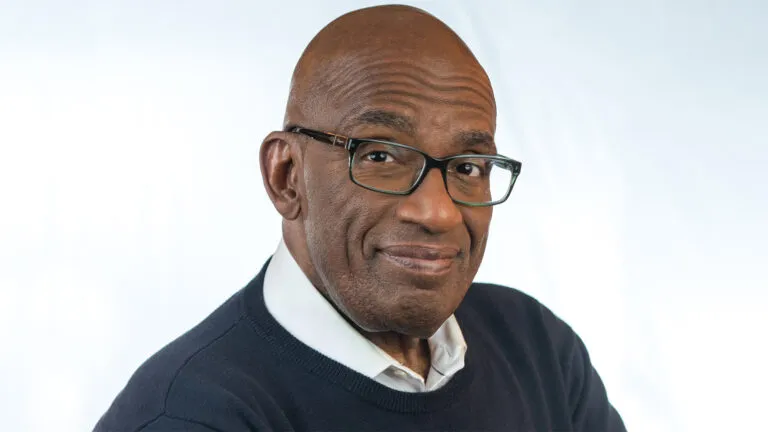There’s an African proverb that says, “If you want to go fast, go alone. If you want to go far, go together.” That’s the line that closes the movie The Good Lie, which stars Reese Witherspoon, and though the words only appear once on the screen, their meaning can be felt throughout the 112 minutes of the movie.
They’re there when gunslingers ravage a Sudanese village, killing mothers and fathers and orphaning their children. They appear again as group of young boys and their sister walk hundreds of miles, battling nature, hunger and thirst in order to find somewhere far away from their violent homes. They’re even present when a group of refugees get a chance at a new life, an ocean away, in a strange land with even stranger people. They are the all-encompassing message of The Good Lie and they’ll stay with you long after the credits have rolled.
The film, directed by Philippe Falardeau and costarring House of Cards alum Corey Stoll, could’ve easily been another tale of white men and women serving as saviors to those of color. Witherspoon’s character, Carrie Davis, works for an employment agency and is tasked with finding three young men—known collectively as the “Lost Boys”—jobs after they’ve been transported from their war-torn country of Sudan to Kansas City, Missouri. Instead, the movie does something even better, and braver; it eschews its Hollywood A-lister in favor of good story-telling.
For Witherspoon fans, you get your healthy dose of the actress. She’s both neglectful and nurturing in her attitude towards the “Lost Boys” and her own character’s journey is well-sussed out during the film. But the real stars of the show are the men and children who must convey the struggle, heartbreak and loss 3,600 other real-life refugees experienced during the civil war that took place in Sudan in the 1980s and continues today.
After burying friends, watching their brothers be taken as child soldiers, swimming through rivers littered with dead bodies and surviving over a decade in the harsh conditions of a Kenyan refugee camp, Mamere (Arnold Oceng), Jeremiah (Ger Duany), Paul (Emmanuel Jal) and Abital (Kuoth Wiel) are given a golden ticket to America.
Despite the trials they’ve already endured, they must again face cruelty, this time at the hand of the US government, as the boys are parted from their sister before their new life can begin. This separation is even harder to take than some of the atrocities you watch the children go through in the beginning of the film and it only serves to show that nothing will come easy for these young men who have already had it so rough. From temptations to unfulfilling careers and the overwhelming feeling that what they went through doesn’t matter to many people, the Lost Boys struggle with the reality of their American Dream.
Culture-clashing moments inject the movie with a healthy dose of humor. From fearing escalators to hearing the “Why’d the chicken cross the road?” joke for the first time, to reveling in the fact that Carrie is unmarried, with no children and surviving on her own, watching the men adjust to life in America gives the audience some much needed laughs in spite of the film’s heavy content.
Oceng and Duany are brilliant as Mamere and Jeremiah. In his first American starring role, Oceng easily carries the film as his emotionally complex Mamere weighs his dreams of going to college and becoming a doctor against his sense of responsibility to his family, all while battling his own survivor’s guilt. The sacrifices he’s asked to make for his family are incredible and it’s his scene at the end of the movie that will have you reaching for your tissues. Duany’s Jeremiah is the spiritual center of the film, with a tight grip on his Bible and desire to help those in the community. His spiritual journey will touch your heart.
There’s another wonderful moment when Jal’s Paul is explaining the scars on his arm to his co-workers. He tells them a lion’s teeth made the marks, which the men immediately rebuff as a lie, but as Paul goes on to explain how he tried to save his brother from a pack of lions ready to eat them both, a sudden understanding dawns. Life experiences divide them so deeply that they could never even imagine the horrors Paul and his brothers faced. Jal beautifully captures that sense of grief and loneliness with just a look.
What’s amazing about all three characters is their unwavering faith and how heavily they rely on it. Though they’ve been tested with things no person should ever have to experience, they never once question God’s plan for their life. It’s their optimism and love for each other that’s so inspiring.
But what you absolutely cannot ignore while watching the film is the back-story of the actors themselves. Both Duany and Jal are actual children of war, refugees who experienced many of the same things their characters go through in the film, and Oceng is the son of refugees. All three are so connected to the history of this story that they can’t help but be authentic in the emotions they convey. They’re the heart of the film and it’s their own stories as well as the stories they tell that will leave such a lasting impression.
The Good Lie opens in select theaters Friday, October 3, and releases everywhere October 24th.






